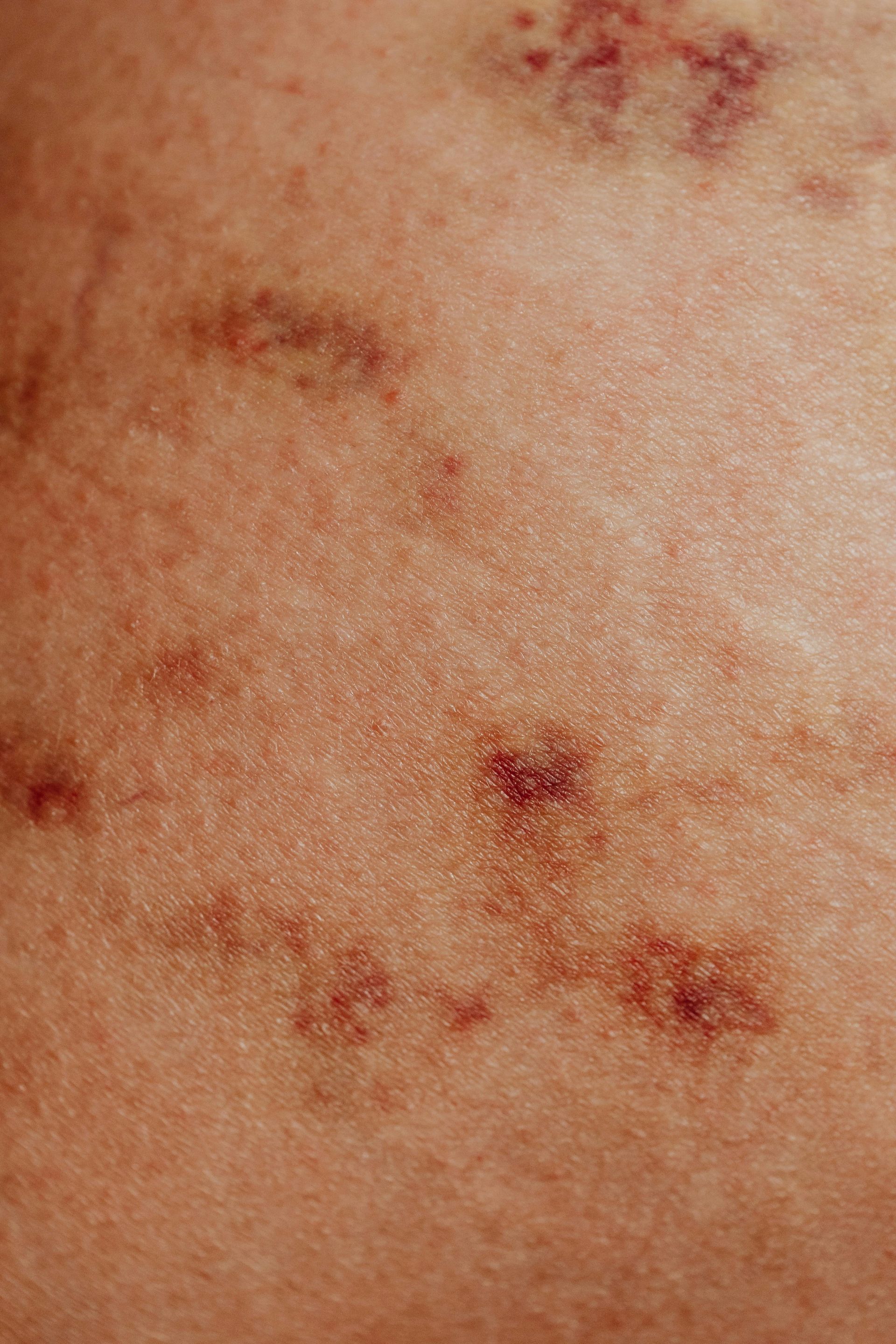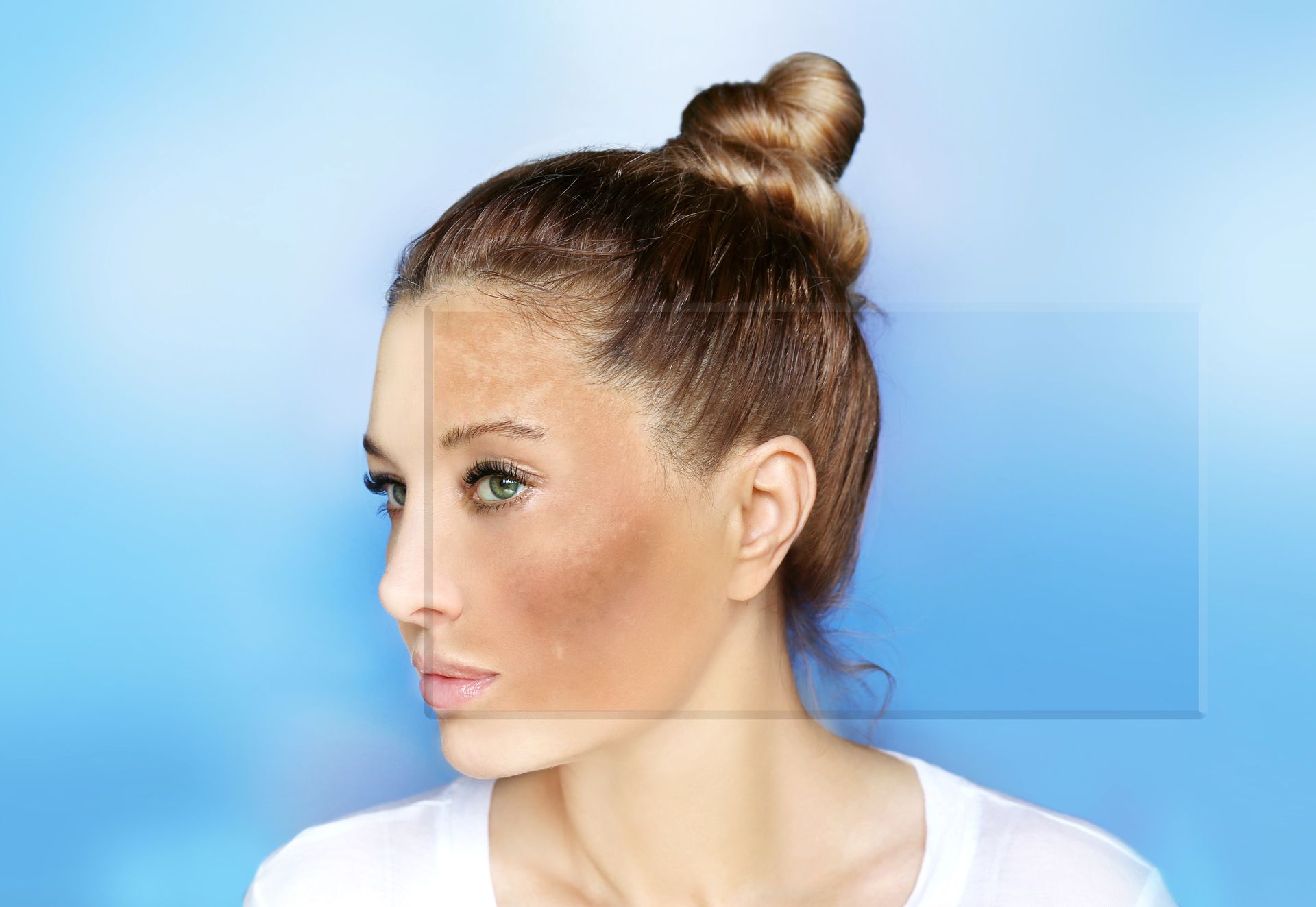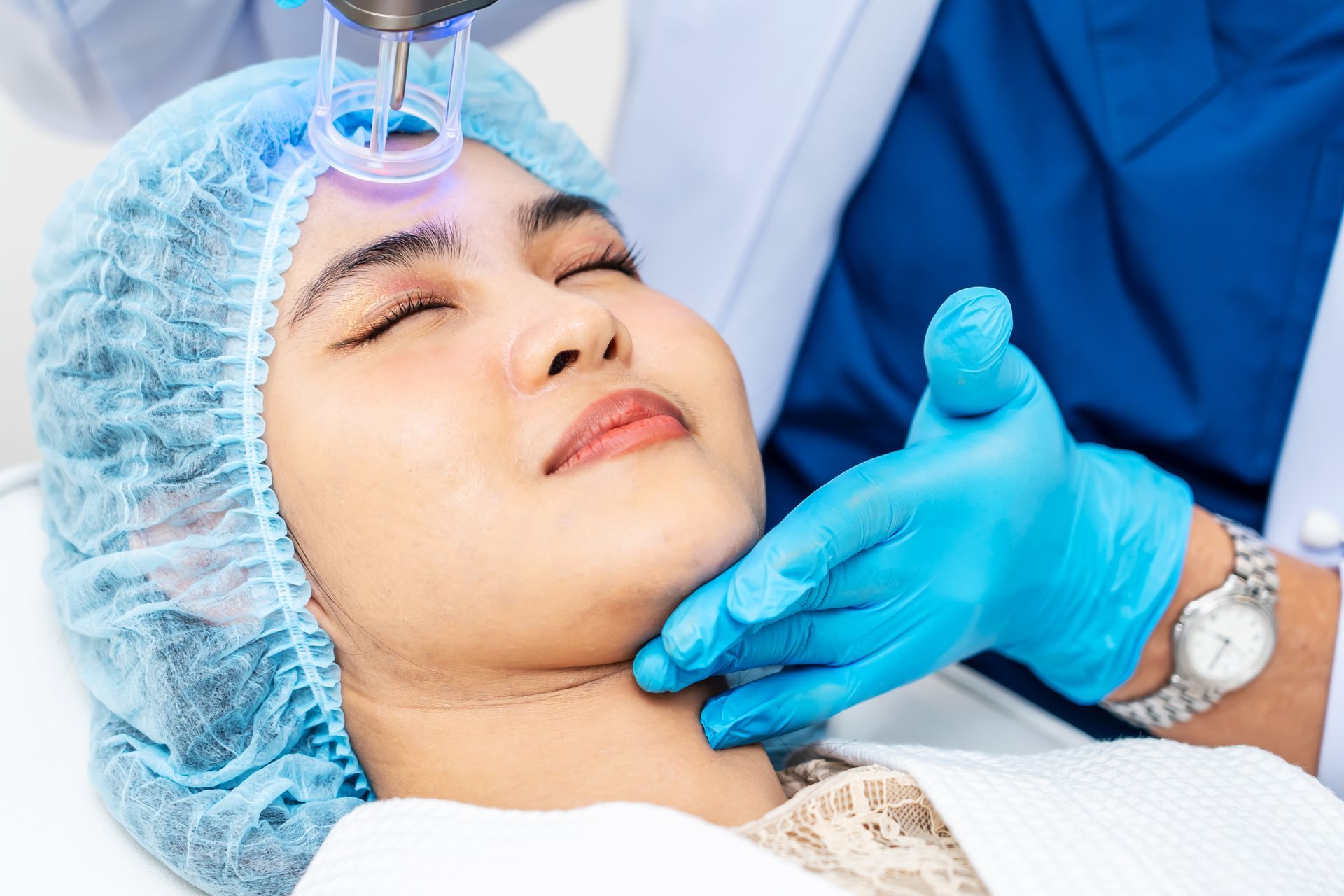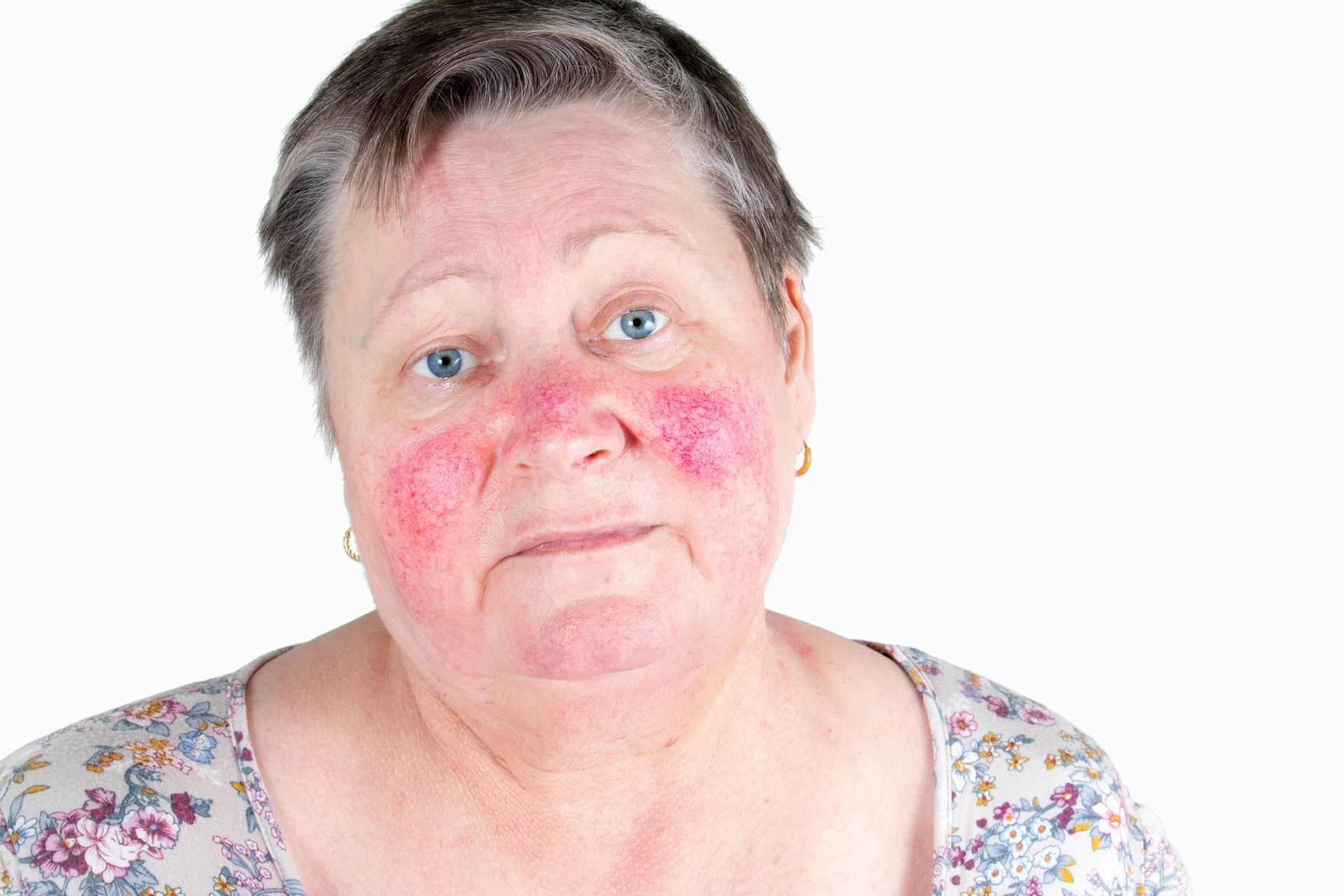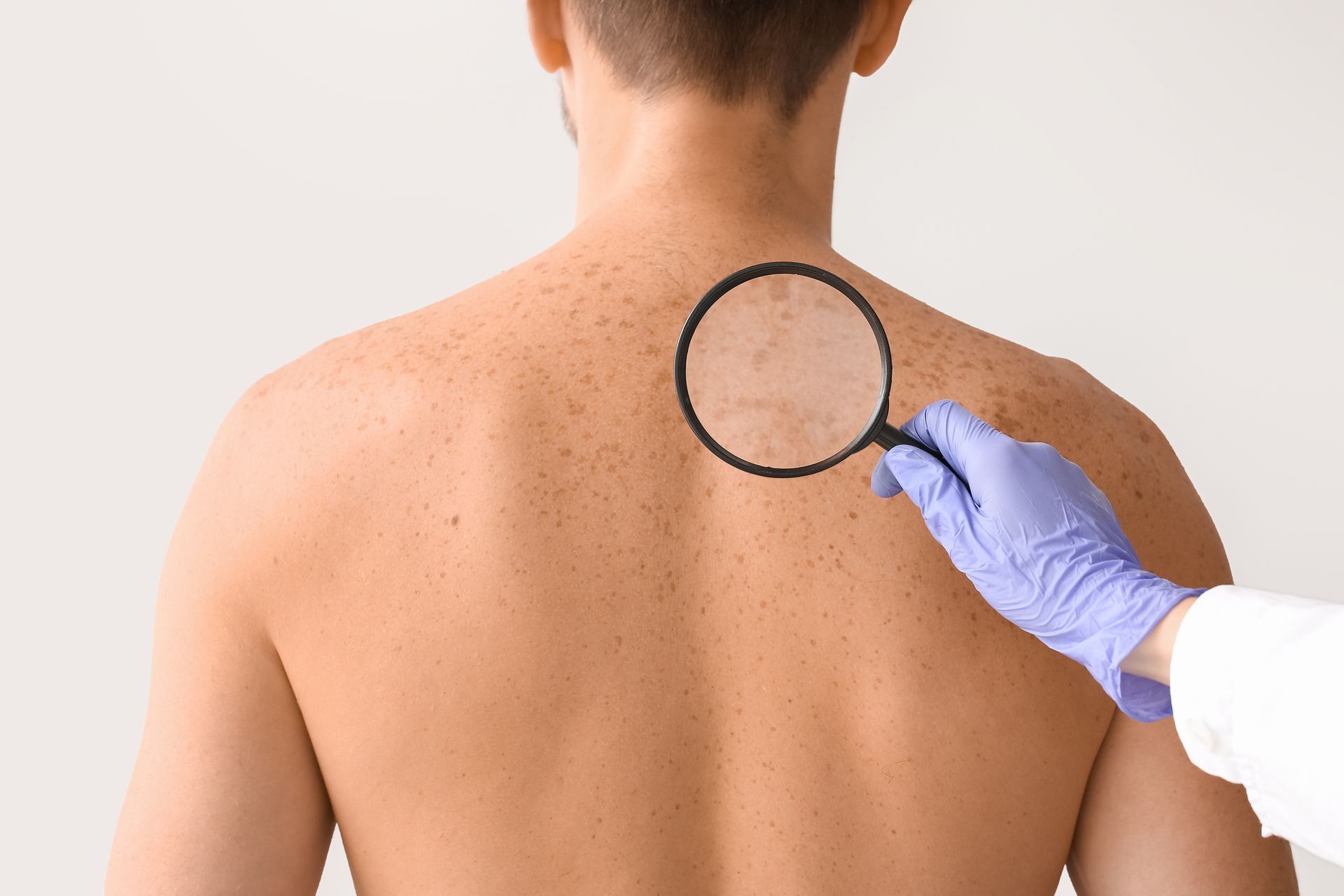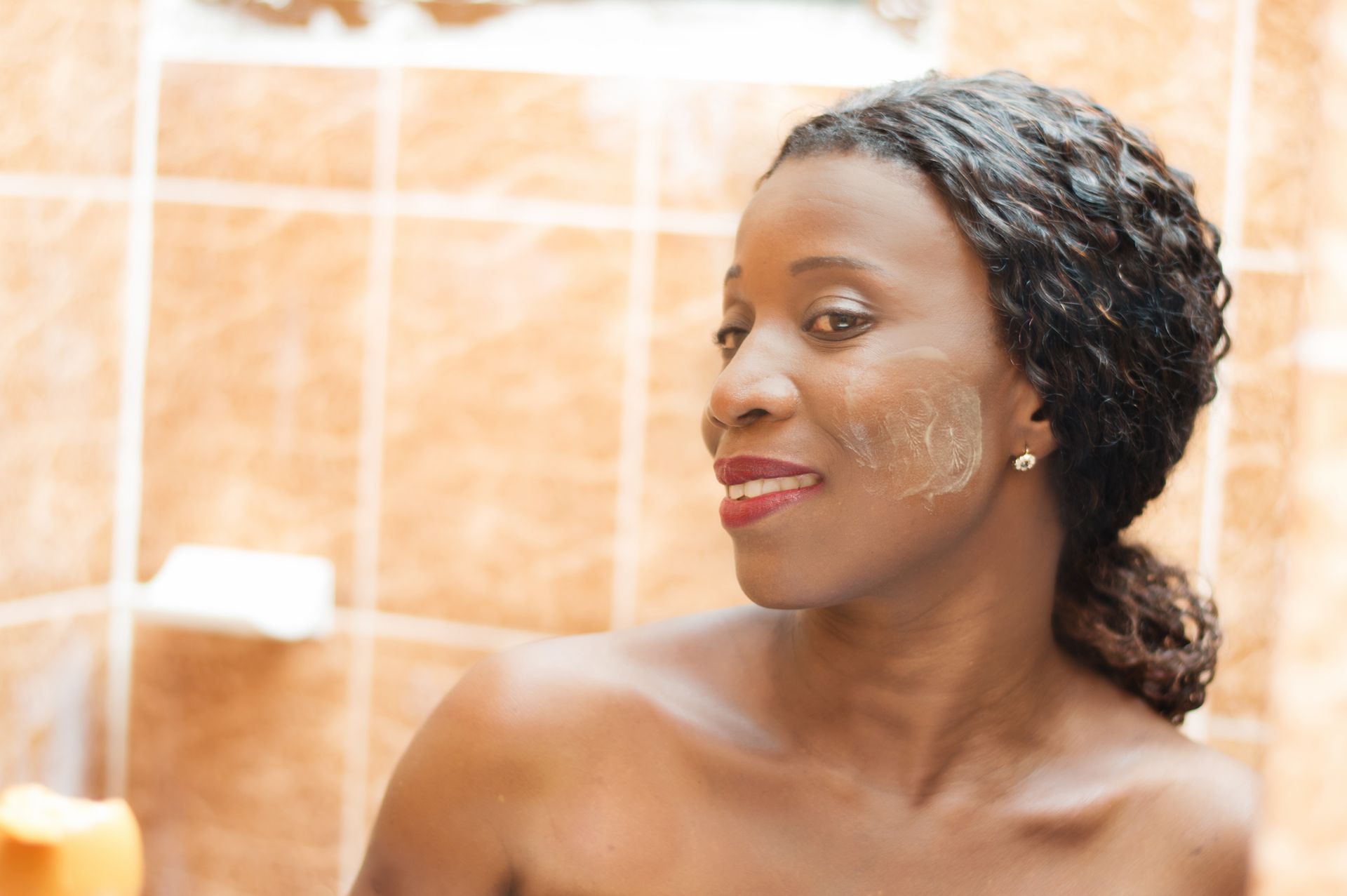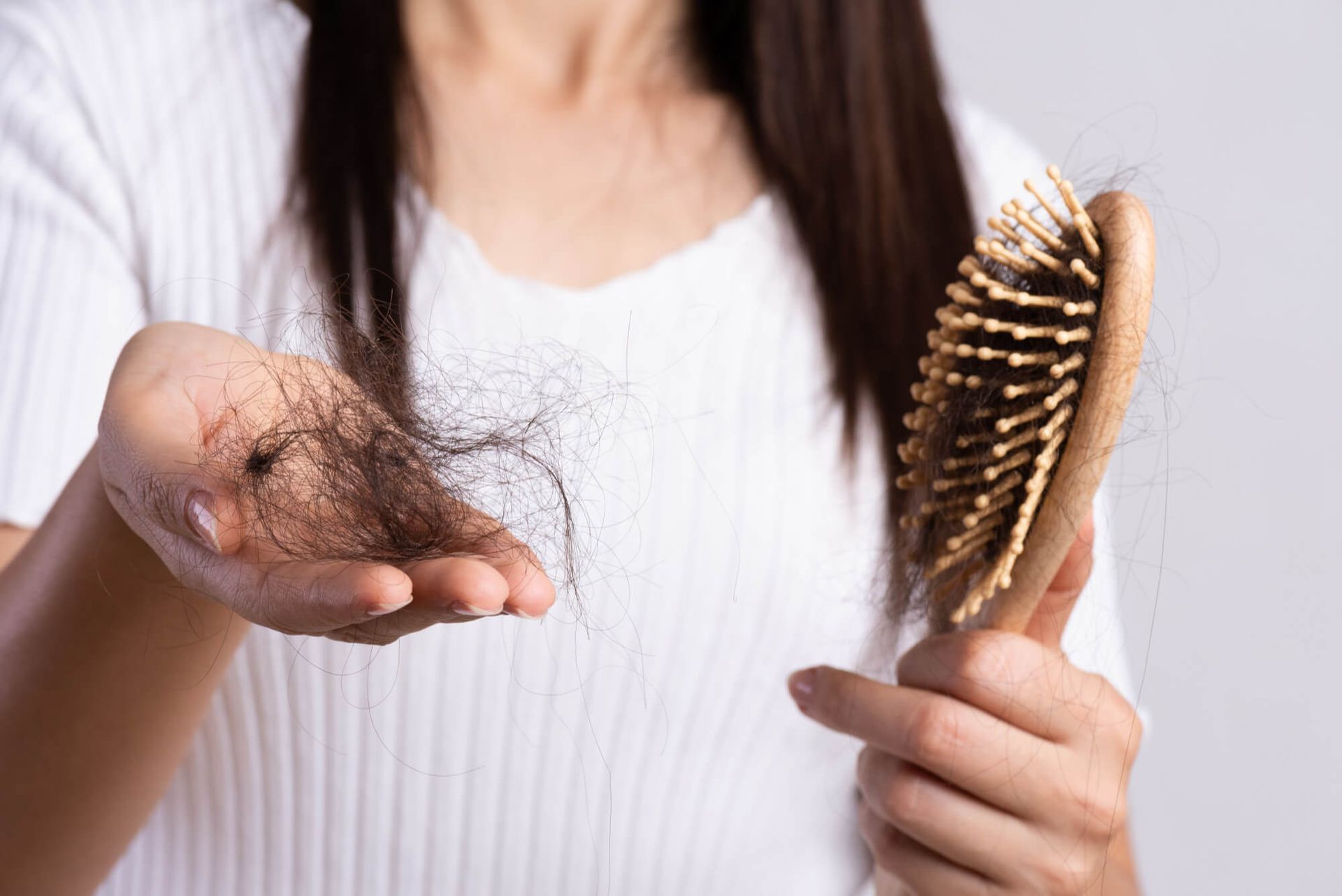Understanding Acne: Causes, Treatments, and Prevention
As much as we hate to admit it, acne is something that affects nearly everyone at some point in their lives. Whether you're a teenager going through puberty or an adult dealing with hormonal changes, acne can be a frustrating and confidence-damaging skin condition. While it may seem like a never-ending battle, understanding the causes, treatments, and prevention methods can help you effectively combat and manage acne. In this blog post, we will dive deep into the world of acne, dispel some common myths, and provide you with practical tips for achieving clear and radiant skin.
What Causes Acne?
Acne is a skin condition that occurs when your hair follicles become clogged with oil and dead skin cells. This leads to the formation of pimples, whiteheads, blackheads, and cysts. Although acne can occur on various parts of the body, it is most commonly found on the face, chest, back, and shoulders. While the exact cause of acne is still unknown, there are several factors that contribute to its development. Let's take a look at some of the most common causes of acne:
1. Hormonal Changes:
Our hormones play a significant role in the development of acne. During puberty, the body produces an excess amount of androgens, which stimulate the oil glands to produce more oil. This oil, also known as sebum, can clog pores and lead to acne breakouts.
2. Genetics:
You may have heard people say, "My parents had acne, so I had it too." Well, there's some truth to this statement. Research has shown that if your parents had acne, you are more likely to develop it too.
3. Poor Diet:
While there is no evidence to suggest that specific foods cause acne, studies have shown that a diet high in refined sugars and dairy products can aggravate existing acne or increase its severity. This is because these foods can cause inflammation in the body, leading to breakouts.
4. Stress:
We've all heard the phrase "stress causes acne." While it's not entirely accurate, stress can exacerbate existing acne or trigger new breakouts. When we're stressed, our bodies produce more cortisol, a hormone that can increase oil production and cause breakouts.
5. Skincare Products:
Using the wrong skincare products can also contribute to acne. Products that are too harsh or contain comedogenic ingredients can clog pores and lead to breakouts. It's essential to choose skincare products that are suitable for your skin type and don't contain pore-clogging ingredients.
Treating Acne
Now that we understand the causes of acne let's talk about how to treat it. With so many products and treatments on the market, it can be overwhelming to know where to start. However, the key is to find a treatment plan that works for your specific type of acne. Here are some options:
1. Over-the-counter (OTC) Products:
OTC acne products contain ingredients such as benzoyl peroxide, salicylic acid, and sulfur that are known for their acne-fighting properties. These products are readily available and can be effective for mild acne. But, if your acne is more severe, you may need a stronger treatment.
2. Prescription Medications:
If OTC products aren't working for you, it may be time to seek medical help. A dermatologist can prescribe antibiotics, topical retinoids, or oral contraceptives to help clear up your acne. These medications work by reducing inflammation, unclogging pores, and regulating hormones.
3. Chemical Peels:
Chemical peels are an exfoliating treatment that can help improve acne by removing dead skin cells and unclogging pores. Peels containing salicylic acid or glycolic acid are ideal for treating acne-prone skin.
4. Laser or Light Therapy:
Laser and light therapies work by targeting the bacteria that cause acne and reducing inflammation. These treatments can also help reduce the appearance of acne scars. However, they may not be suitable for all skin types and can be costly.
Preventing Acne
Prevention is always better than a cure. While we can't control some of the factors that contribute to acne, there are things we can do to reduce our chances of a breakout. Here are some tips for preventing acne:
1. Keep Your Face Clean:
Washing your face twice a day with a gentle cleanser can help prevent acne. It's essential to remove makeup before cleansing and avoid scrubbing your face too vigorously.
2. Don't Touch Your Face:
Our hands come into contact with bacteria and dirt throughout the day, and touching our faces can transfer these impurities, leading to breakouts.
3. Use Non-comedogenic Products:
As mentioned earlier, using skincare products with pore-clogging ingredients should be avoided. Make sure to look for non-comedogenic on the label, meaning the product is formulated not to clog pores.
4. Don't Overexfoliate:
Exfoliating can be great for removing dead skin cells, but overdoing it can strip the skin of its natural oils and cause irritation, leading to more breakouts. Limit exfoliation to 1-2 times a week.
5. Change Your Pillowcases and Towels Frequently:
Pillowcases and towels can harbor bacteria and dirt, which can transfer to your skin. Make sure to change them regularly to keep your skin clean.
Ready to Say Goodbye to Acne? Contact Kaveri Karhade MD Dermatology in San Francisco, CA Today!
Don't let acne control your life any longer. With Kaveri Karhade MD Dermatology, you can say goodbye to stubborn breakouts and hello to clear and radiant skin. Dr. Karhade offers top-notch acne and acne scar treatment services, as well as a range of other services like skin tightening, jawline contouring, chemical peels, botox, and more. With our personalized treatment plans, we will work with you to find the best solution for your unique skin concerns.
Don't wait any longer to achieve the clear and confident skin you deserve. Contact Kaveri Karhade MD Dermatology at
(415) 234-0809 or
click here to schedule a consultation. Say hello to a clear and radiant complexion with our effective acne treatment services. We proudly serve San Francisco, CA, and the surrounding areas.
FAQ
